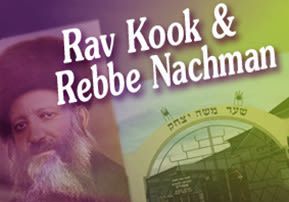
Rav Kook and Rebbe Nachman
Rabbi Kook was deeply drawn to the teachings of Rabbi Nachman. People who knew him testified that he learned Rabbi Nachman’s teachings intensively and viewed them as among the...

Rabbi Abraham Isaac Kook was the first modern Chief Rabbi of Israel (1865-1935). Like Rabbi Nachman of Breslev, Rabbi Kook was a transcendental dreamer and thinker whose states of mind seem always to be floating on a level above that of this earthly reality.
What was the attitude of Rabbi Kook toward the teachings of Rabbi Nachman?
In the early 1900’s, Rabbi Kook’s son, Rabbi Tzvi Yehudah, considered following the path of Breslever Chassidut. He wrote his father a letter asking his advice. Rabbi Kook’s response, one of respect but caution, is an essential introduction to those who would wish to join themselves to the intoxicating path of Breslov. Rabbi Kook wrote,
The inner nature of this great man, Rabbi Nachman, requires great study. But one needs a healthy heart, a healthy soul, and good, hygienic practices, both psychological and physical. One also needs a good and straight connection to other teachings—both those that support and those that disagree with the views of Rabbi Nachman. Then, Rabbi Nachman’s words will shine in the proper manner. (Chayei Harayeh, p. 172)
It is the nature of people—in particular, of young people (as Rabbi Kook’s son was then)—who are attracted to Breslov to be exhilarated by Rabbi Nachman’s ultimate reach for spirituality and to cast aside all thought for balance and being grounded. Why take care of one’s feet when one is leaping to heaven?
It is especially such a person who must read these words of Rabbi Kook with care. Rabbi Kook was not only a critic but also a great admirer of Breslov, a student of Rabbi Nachman’s writings and a companion to his Chassidim.
Rabbi Nachman was a young man (he passed away at the age of 38), and his teachings are young teachings. They have the spirit of uncorrupted, youthful, holy revolt. Thus, they are especially attractive to young people (in age or spirit) who see the mediocrity and evil within the ordered processes of society. Yet there is also a place for spirituality of a different phase: the spirituality of tranquility.
For almost two hundred years, elders have been dissuading young people from proceeding onto the path of Breslov. In Rabbi Kook we have an elder who himself appreciates the greatness of Rabbi Nachman. Precisely such a man, one who has studied Rabbi Nachman, examined his path critically and remained with it, and who is, furthermore, great in his own right, has the authority to offer cautionary words.
Rabbi Kook seems to be saying that in studying Breslever Chassidut, we are studying the internal makeup of Rabbi Nachman’s soul. Rabbi Nachman himself asserted that in a person’s Torah writings, one can see his face. But, says Rabbi Kook, one cannot go to Rabbi Nachman expecting to receive from him all one’s spiritual and emotional nourishment. As the rabbis said in the Ethics of the Fathers, “Beware of the coals of the rabbis so that you do not get burned; their bite is the bite of a fox, and their sting is the sting of a scorpion” (II:15). One would be equally ill-advised to enter the training room of a black belt aikido class without preparation and engage the sensei (teacher or instructor of martial arts) in combat. Even if the sensei has no wish to inflict injury, the nature of the meeting will likely lead to harm.
Rabbi Kook seems to be saying that Rabbi Nachman teaches holiness; however, he does not teach wholesomeness. But this does not mean that Rabbi Nachman is unwholesome. “The internal being of this great man needs much study.”
Some enthusiasts feel that all they need are the teachings of Rabbi Nachman. Therefore, wholesomeness is irrelevant to them. Rabbi Kook points out that this is a mistake. One first needs to take healthy care of oneself, both psychologically and physically. Only then can one expose oneself to the heady world of Breslever Chassidut. Breslever Chassidut is the point of a needle. But one must first learn to walk securely on solid ground.
In the style and stress of his teachings, Rabbi Nachman’s appreciation of the importance of being well-grounded can be easily overlooked. For instance, there are many Breslov teachings on extraordinary spiritual devotion, yet almost nothing is said about basic day-to-day spiritual life. Much is said about the follower’s relation to the tzaddik; almost nothing is taught about the role of camaraderie and friendship. A great deal of stress is placed on learning Torah; very little on teaching Torah to others. There is much emphasis on serving God through emotional arousal; much less on integrating such arousal into one’s intellect.
One cannot necessarily infer that Rabbi Nachman felt that the subjects he stressed were more important than those he did not; merely that he felt that for his students, these needed more attention.
In general, Chassidut is not meant to serve as a teacher of emotional health. As Rabbi Yosef Yitzchak Schneerson, the previous Lubavitcher rebbe, teaches in his Likutei Diburim (p. 393), “Fixing one’s personality traits has nothing to do with Chassidut. Correcting those traits has to come first.”
Rabbi Kook was deeply drawn after the teachings of Rabbi Nachman. People who knew him testified that he learned Rabbi Nachman’s teachings intensively and viewed them as among the foundations of his own outlook.
More than that, Rabbi Kook once uttered the astonishing words, “I am the soul of Rabbi Nachman.”
Perhaps Rabbi Kook meant to say that he was developing the path that Rabbi Nachman had initiated. For the needs of a new era with a new consciousness, Rabbi Kook was teaching a new Torah path that was a natural development of Rabbi Nachman’s teachings. Just as classical Jewish mysticism was nested in Rabbi Nachman and made accessible in a heart-felt mode to all Jews, so was Rabbi Nachman nested in Rabbi Kook and made accessible by him in a holistic and integrative manner to all Jews.
***
From “Chambers of the Palace”, an anthology of Rebbe Nachman’s writings abridged and translated by Yaacov Dovid Shulman. Writer, translator, and editor Yaacov Dovid Shulman can be contacted at: yacovdavid@gmail.com






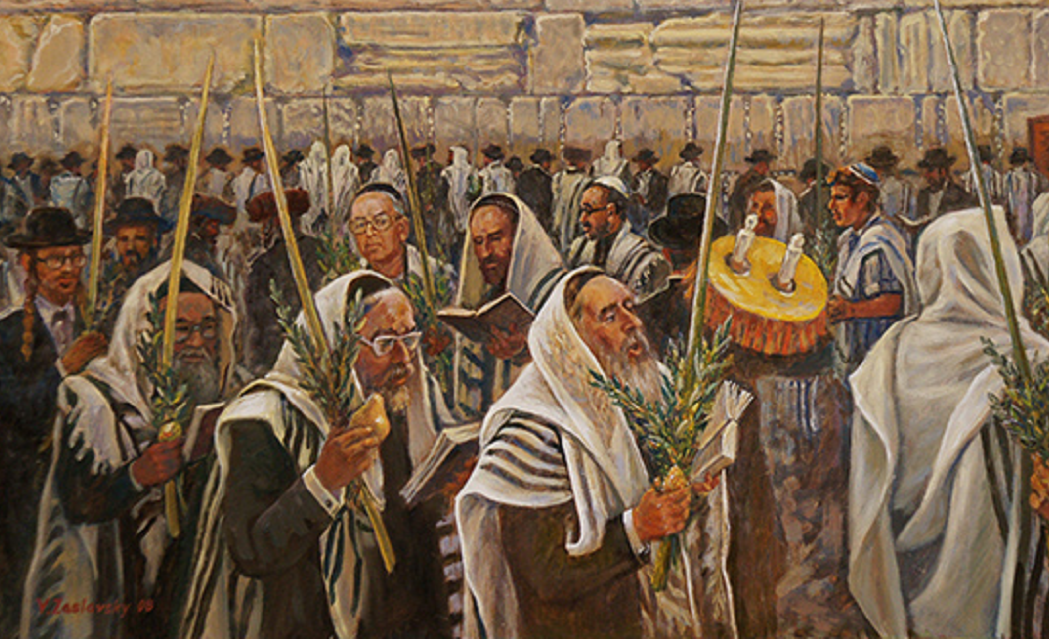
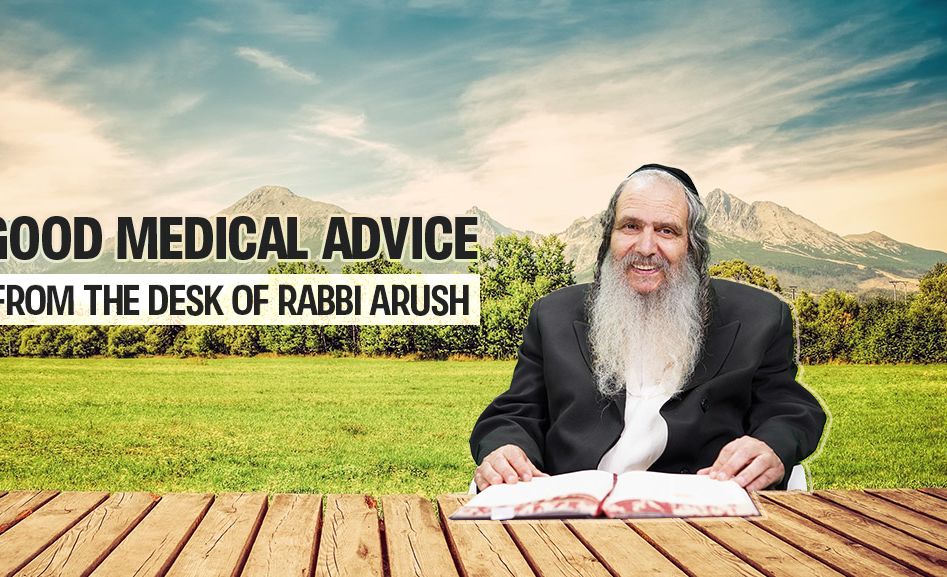


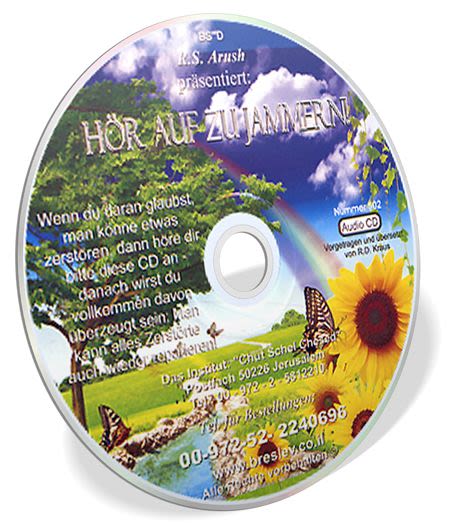
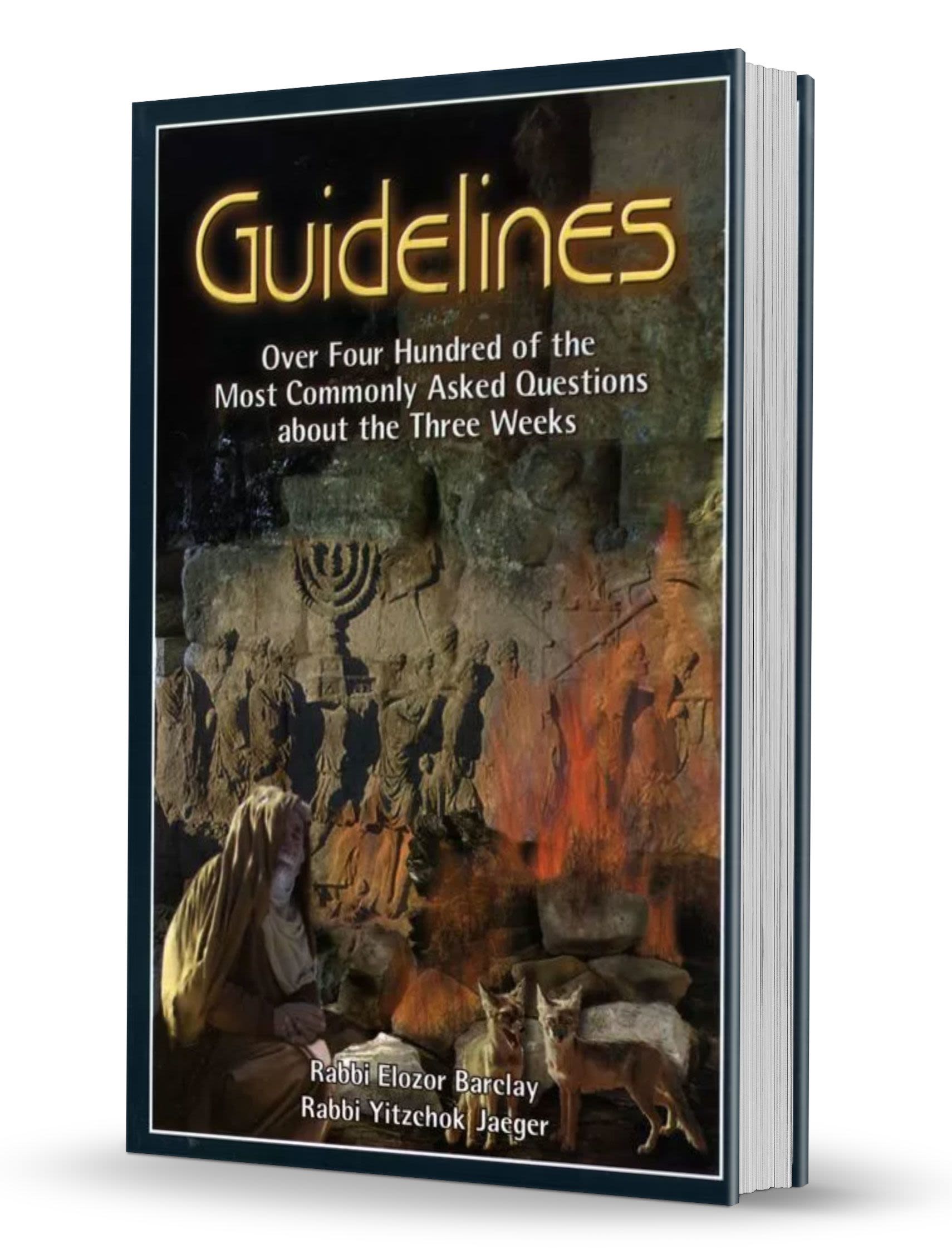

12/26/2022
Thanks for the article I was wondering about this topic I was reading Rabbi Kooks Seforim and I saw many ideas parallel Rabbi Nachmans thinking
9/20/2015
nekutot tovot
Thanks for this interesting article. Perhaps the way Rav Kook shared a soul with Rabbi Nachman was Rav Kook's incredible capacity of seeing the good in everyone and in Klal Yisrael and wanting to influence them for the good and inspire them.
9/20/2015
Thanks for this interesting article. Perhaps the way Rav Kook shared a soul with Rabbi Nachman was Rav Kook's incredible capacity of seeing the good in everyone and in Klal Yisrael and wanting to influence them for the good and inspire them.